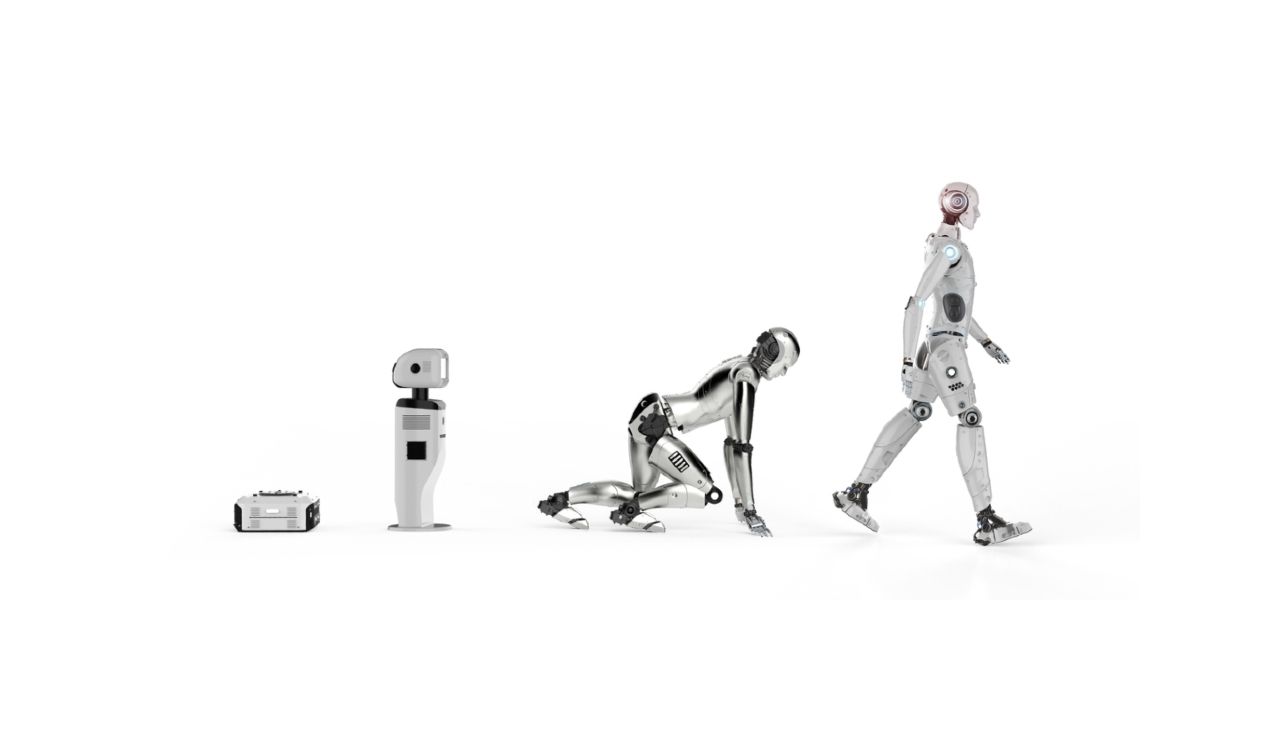“CACTUS is a technology company accelerating scientific advancement.”
Last week, we introduced the organization to CACTUS’s new identity in an entirely virtual event with attendees from all 8 countries we have offices in. We shared with the 1000+ Cactizens that we were now embracing the identity of a technology company and were no longer just a “scientific communications company.”
Before we made the announcement, a decision itself that took years, we had to answer some questions: Was this needed? What does this really mean?
Let’s take a step back.
In 2002, we started CACTUS as a language editing service provider for researchers. We went on to include publication support, translation, research promotion, medical communication, and other similar services in our repertoire.
Over the years, CACTUS become synonymous with science communication through its many services for researchers, life science organizations, and academia in general.
And underlying all our solutions was technology.
Take Uber for example. It helps commuters (demand) find radio cab drivers (supply). But it identifies itself as a technology company (“Uber Technologies, Inc.”). Take Amazon. It is most famous for making everything available on its online retail platform. But sustaining its solutions is its tech prowess. It is the world’s largest AI assistant provider and cloud computing platform.
With the same lens, CACTUS is a tech platform that helps clients (demand) find the right experts (supply).
I’ll admit though that this realization dawned on us much later, a decade after we started the company, and took us a few more years to embrace the identity. Conversations with industry leaders helped us realize that what we do is create and distribute technology and we are essentially a technology company.
From the beginning
In 2009, we decided to move technology in-house.
Until then, all our tech requirements were outsourced. But we wanted to get things done better and faster and no vendor was able to keep up with our dynamic needs.
We started with a small technology team and their first big task was to build a workflow management system that would allow the small in-house team of editors receive and submit assignments.
After this project was successfully completed, we moved on to more nuanced requirements, for example, an invoicing system for the growing freelancer pool; a system that could detect subject area, and a smart engine that could allocate assignments to the right expert based on criteria like customer preference, subject area, availability, and quality.
After a couple of false starts, we learnt how to build technology systems.
We decided it was time to scale up!
The captain of the ship
When we realized that we wanted homegrown technology to become the mainstay of the organization, we started looking for someone who could bring our vision to life.
In 2014, we had someone join us as Vice President, Engineering (today, the Chief Technology Officer), and almost immediately things started moving in the right direction and at the right pace.
In hindsight, we should have hired a CTO in the first year of our inception. I believe that a CTO would have helped us realize our true potential much sooner and accelerated our tech offerings.
Today, the technology team has over 150 members—not just developers, but data scientists, linguists, NLP engineers, subject-matter experts, product managers, and industry specialists.
Getting a boost with AI and other new tech
Early this year, we announced our first acquisition—a Danish AI startup called UNSILO.
With this acquisition, a major piece of our reinvention fell into place. We are now able to leverage the expertise that UNSILO had in new technology like artificial intelligence, natural language processing, machine learning, deep learning, and concept extraction and take our solutions to the next level.
Spending too much time reading literature? Let our AI platform identify relevant text in seconds.
Don’t know which journal to submit to? Our platform can match your manuscript to the right journal and even tell you if your manuscript is submission-ready.
Intimidated by the number of COVID-19 research articles? Find the latest and most relevant study on the most comprehensive AI-powered database on COVID-19.
These are just some examples of solutions that are part of an integrated AI-powered ecosystem for researchers.
And powering all our businesses with the latest technologies is Cactus Labs, the innovation and R&D cell.
Today, pretty much every aspect of CACTUS—customer and freelancer acquisition and management, quality management, marketing, business intelligence, finance management, HR, the works—is tech-abled.
Technology will play a role in every aspect of life and it won’t be any different in the research landscape. And we want CACTUS to be a tech pioneer and powerhouse.
Though we started later than we should have, we are happy with the strides we have made in the last few years. And we are excited for how we will look as an organization in 2022, two decades from our inception.
Reproduced with permission from Abhishek Goel’s Medium account. See here for original article.

